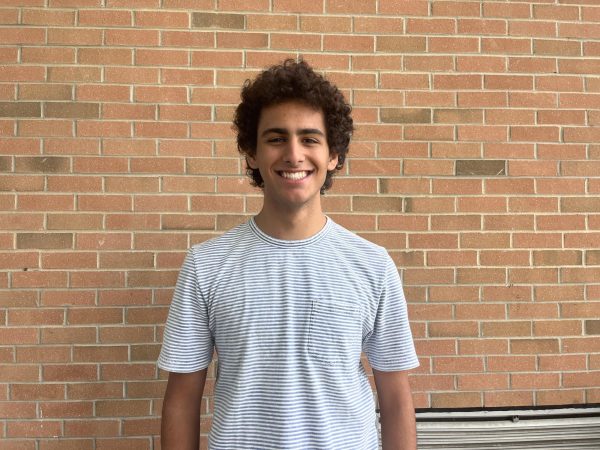Earlier this year, author Emma Sasaki, who writes under a pseudonym, published her debut novel, “It’s A Privilege Just To Be Here.” The book follows Aki Hiyashi-Brown, an Asian-American teacher at the prestigious Wesley Friends School in Washington, and her daughter, who attends the school. After a racist incident, Aki is made the head of a new Racial Equity Task Force and gradually uncovers a history of racism at the school. However, the administration is reluctant to make any changes.
Sasaki, a Sidwell alumnus and local adjunct professor, claimed in an interview with the Washingtonian that the book was “based on Sidwell, but it isn’t really about Sidwell.” Instead, she stated, “It’s about parenting and privilege. It could be any school. It just happens to be that I went to Sidwell and live in Washington, and so the details are very easy for me to fold into the story.”
Still, the similarities are hard to ignore. Wesley Friends is Quaker, like Sidwell, and its principal is a French teacher named “Ousmane Gueye,” seemingly based on Sidwell’s former principal Mamadou Guèye, who also started at Sidwell as a French teacher.
“I know people think that I’m carrying around some sort of PTSD from Sidwell,” she said. “I’m not. You know, I have some resentment. But I think we all have resentment towards our high school.”
“It’s A Privilege Just To Be Here” explores diversity at elite institutions. Natalie Randolph ‘98, director of Equity, Justice, and Community at Sidwell, explains how the concept of diversity has changed since the 1980s-1990s, when the author and Ms. Randolph both attended Sidwell.
“Sidwell is definitely more diverse than when I was here,” Randolph said. “The first thing I noticed when I walked on campus for my job interview was how much this place had changed, and how much wonderful diversity I could see.”
Because of that, she explained, it has led to greater awareness of diversity and racism.
“You always had black students, at least when I was here,” she said. “But were they being listened to was the question. The more perspectives you have that are able to be heard, the more evolution you will have.”
“I’ve never felt like my Asian identity has interfered with my learning or friendships outside of the classroom,” Junior Angela Ding, who is Chinese-American, said. “Especially among the student body, our differences do feel celebrated. I’ve always felt proud of my heritage and open to sharing my culture.”
Though Asian cultures might be tolerated or celebrated today, Sasaki explains how writing the book helped her explore the history of racism faced against Asian-Americans in the 1980s, and how it may not have been a big concern to the Sidwell administration.
“Growing up Asian in the 80s in Washington, DC was not fun,” she says. “We didn’t have the language or the tools we have now; the idea that the East Asian students at Sidwell would have felt left out wouldn’t have entered anybody’s mind, though I don’t necessarily blame the school for that. Now, we have more open discussions, and yet it seems like there’s still a problem. And that is sort of what drove me to write the book.”
Described by Goodreads as a “piercing takedown of the American institution of prep schools” and by Barnes and Noble as a “witty take-down of racial inequality at prep schools,” some people have dismissed the book as an inflammatory story inspired by one person’s experience. Still, the book explores themes that any long-lived private school deals with: how an institution grapples with its racist history and recognizes that there are alumni who have experienced and are stuck with these racist pasts. The book unquestionably reflects poorly on the school and its students, but is an important story in recognizing that this is how many alumni may remember Sidwell.
“Being able to share with my fellow alums, who were hurt by experiences at Sidwell back when I was here, it’s not the same Sidwell, it’s different, it’s powerful,” Ms. Randolph said. “We are not a perfect place. The goal of equity is not to get to a perfect place. Equity is a practice that we have to continue evolving and practicing and getting better at. We’re going to mess up and fail at it, but you can’t learn without failure.”
Horizon reached out to Sasaki for an interview, but she declined to comment.










































